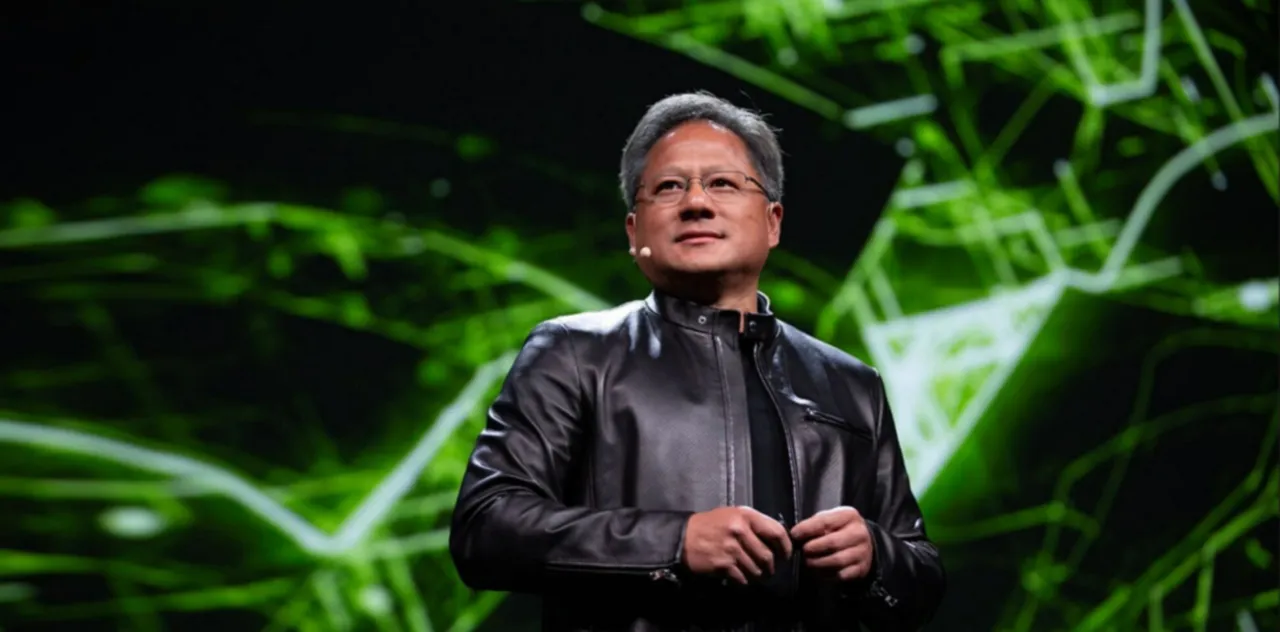Computex 2025 in Taipei, running from May 20-23, became the epicenter of the global tech industry's attention, largely due to the prominent participation and key announcements from Nvidia and its charismatic leader, Jensen Huang. The Nvidia CEO's visit to Taiwan, which has already spawned the term "Jensanity" due to the surrounding buzz, was dedicated not only to showcasing current achievements but also to unveiling Nvidia's Computex 2025 strategy to maintain and strengthen the company's dominant position in the rapidly growing AI chip market. This comes amidst a potential slowdown in global AI infrastructure investment and ongoing US export restrictions.
New Horizons: NVLink Fusion and the Enterprise Sector
In response to changing market conditions and challenges, Nvidia presented an updated approach to its growth. One of the key technologies announced by Huang was NVLink Fusion. This innovative development allows partner companies to more flexibly integrate their own custom chips (ASICs) with Nvidia's advanced platform. Thus, Nvidia not only strengthens its ecosystem but also expands it, creating opportunities for deeper solution customization tailored to specific client needs without complete reliance on large-scale government or corporate deals solely for Nvidia chips. Concurrently, the company announced new enterprise AI servers specifically designed for the broader commercial market. This move aims to diversify its customer base and penetrate segments requiring turnkey, optimized server solutions. Analysts, however, caution that these markets may be more challenging to conquer quickly due to high competition and specific requirements.
The Taiwanese Foundation of Success
Jensen Huang particularly emphasized the critical importance of Taiwan and its developed semiconductor ecosystem to Nvidia's success. The extensive and reliable supply chain built in Taiwan, including close partnerships with giants like TSMC (Taiwan Semiconductor Manufacturing Company) and Foxconn, remains the cornerstone of Nvidia's manufacturing capabilities. A Tainan native, Huang was received on the island like a hero, underscoring the company's deep ties with the local tech sector. The model of close partnership that Nvidia builds with Taiwanese companies, such as Solomon Technology (whose profile and revenues have significantly grown thanks to the collaboration), clearly demonstrates how the ecosystem development strategy strengthens Nvidia's global AI leadership.
Looking Ahead
Jensen Huang's statements at Computex 2025, asserting that AI infrastructure is becoming as much a public norm as electricity or the internet, underscore the company's long-term vision. Despite the challenges, Nvidia's Computex 2025 strategy demonstrates flexibility and a drive to adapt, leveraging technological innovations, ecosystem expansion, and the strengthening of strategic partnerships to ensure sustainable growth and maintain its leading position in the age of artificial intelligence.
